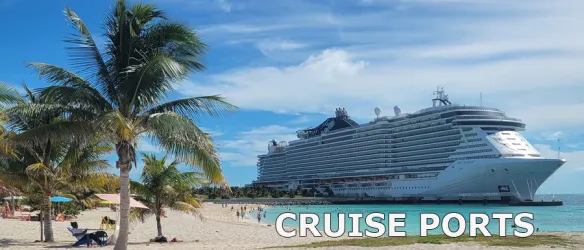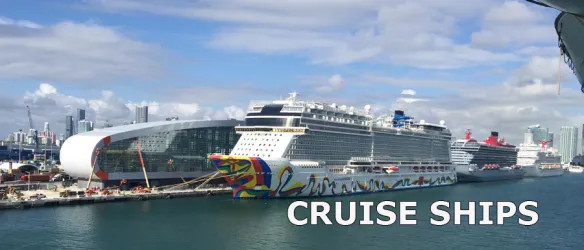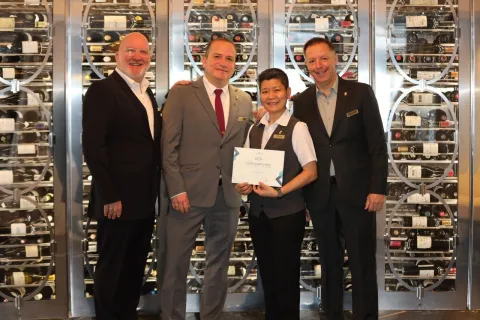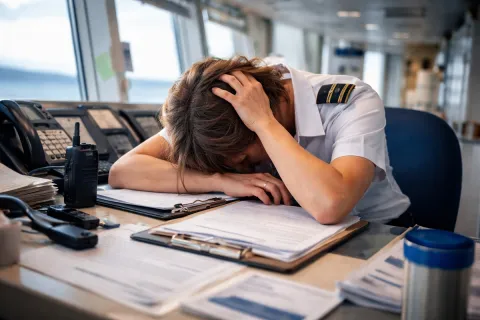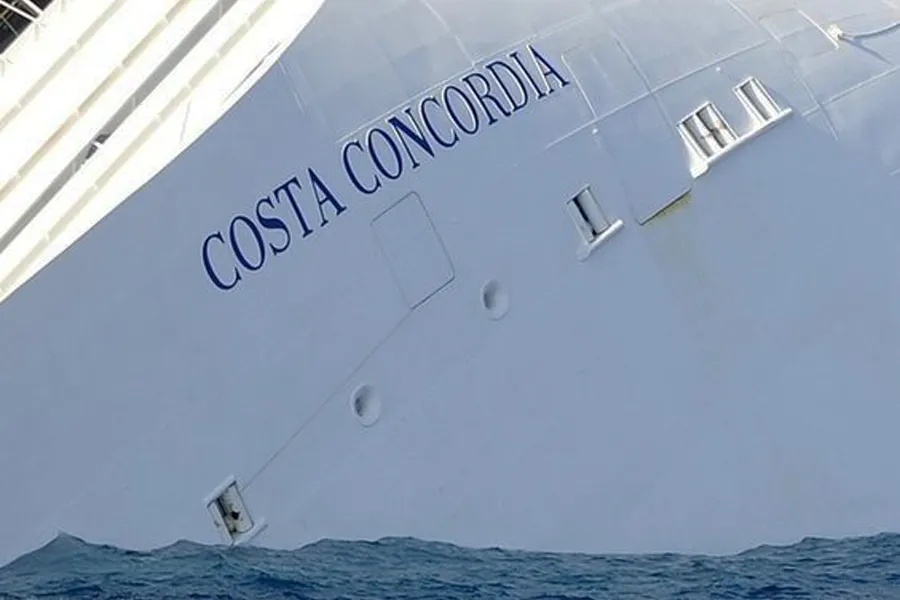
We all know about the infamous Costa Concordia disaster, which claimed the lives of 32 people when the luxury cruise liner capsized after striking a reef off the coast of Italy in 2012. But this wasn’t the first vessel named Concordia to meet a tragic fate. Over the years, several ships bearing this name, or similar variations, have been involved in accidents.
This raises the question: Is naming a vessel Concordia a stroke of bad luck, or are these disasters simply coincidences?
The name "Concordia" comes from Latin, meaning "harmony" or "agreement". It is often associated with peaceful coexistence and unity. In Roman mythology, Concordia was the goddess of harmony and peace, representing the ideal of balance and unity. However, when we examine the history of vessels named Concordia, it appears that harmony may be the last thing associated with these ships. From catastrophic collisions to shipwrecks, the record of maritime incidents tied to this name casts a shadow on its otherwise positive meaning.
Let’s look at the record of ships with "Concordia" that have faced disaster:
Concordia (2024)
The latest vessel to bear the name is the Brazilian cargo ship Concórdia, which sank on Sunday night, September 15, 2024, about 15 kilometers from Ponta de Pedras in Pernambuco, Brazil. Four crew members were rescued by the tugboat, and they were reported to be in good health. However, five more crew members remain missing, raising concerns of another tragic loss of life associated with this name.
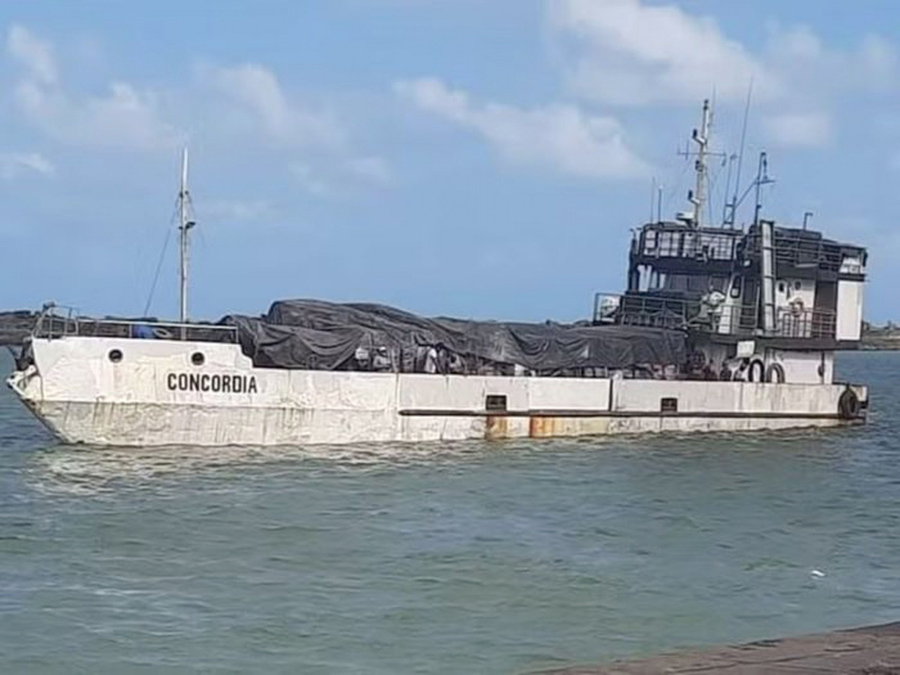
Costa Concordia (2012)
Perhaps the most well-known maritime disaster in recent memory, the Costa Concordia struck a reef near the Italian island of Giglio on January 13, 2012. The captain’s reckless maneuver to sail close to the shore led to a capsizing that took 32 lives. The ship was eventually salvaged and scrapped, but the name "Concordia" was forever linked to this modern tragedy.
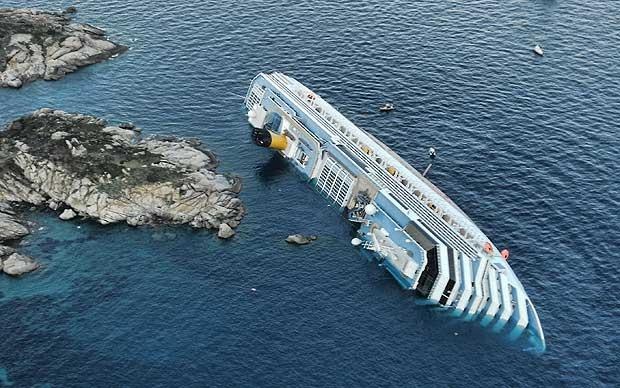
SV Concordia (2010)
The Canadian tall ship SV Concordia was a floating classroom for students, offering voyages as part of an educational experience. On February 17, 2010, the ship was struck by a sudden and violent microburst of wind while sailing off the coast of Brazil. The ship capsized, and while all 64 people on board survived after spending over 40 hours in life rafts, the incident was another mark on vessels bearing the "Concordia" name.
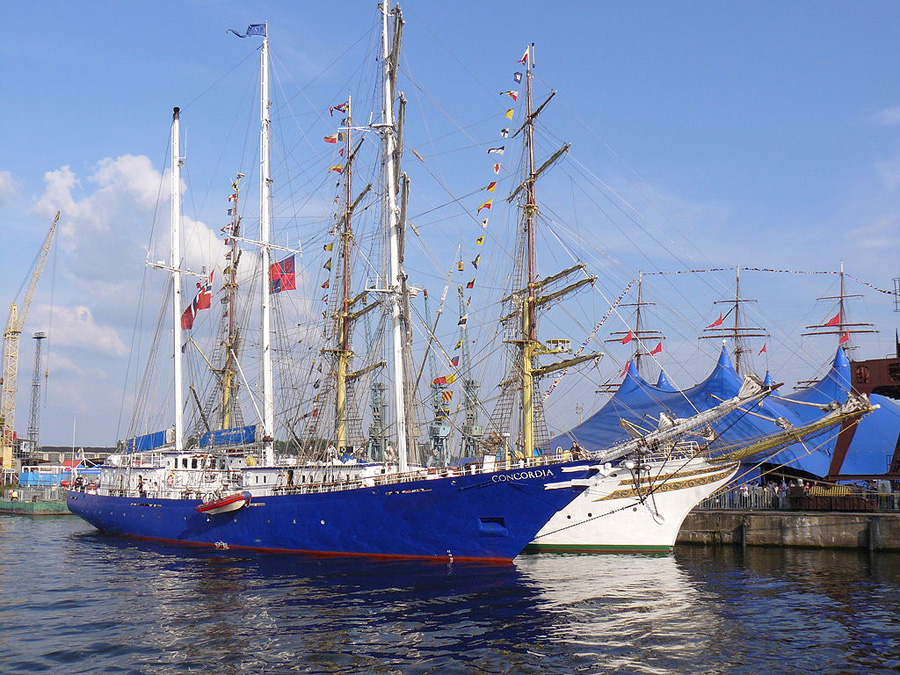
Concordia Star (1977):
In 1977, the Norwegian cargo ship Concordia Star collided with another vessel in the North Sea, leading to its sinking. Fortunately, there were no fatalities in this incident, but the loss of the ship adds to the recurring misfortune that seems to follow the name.
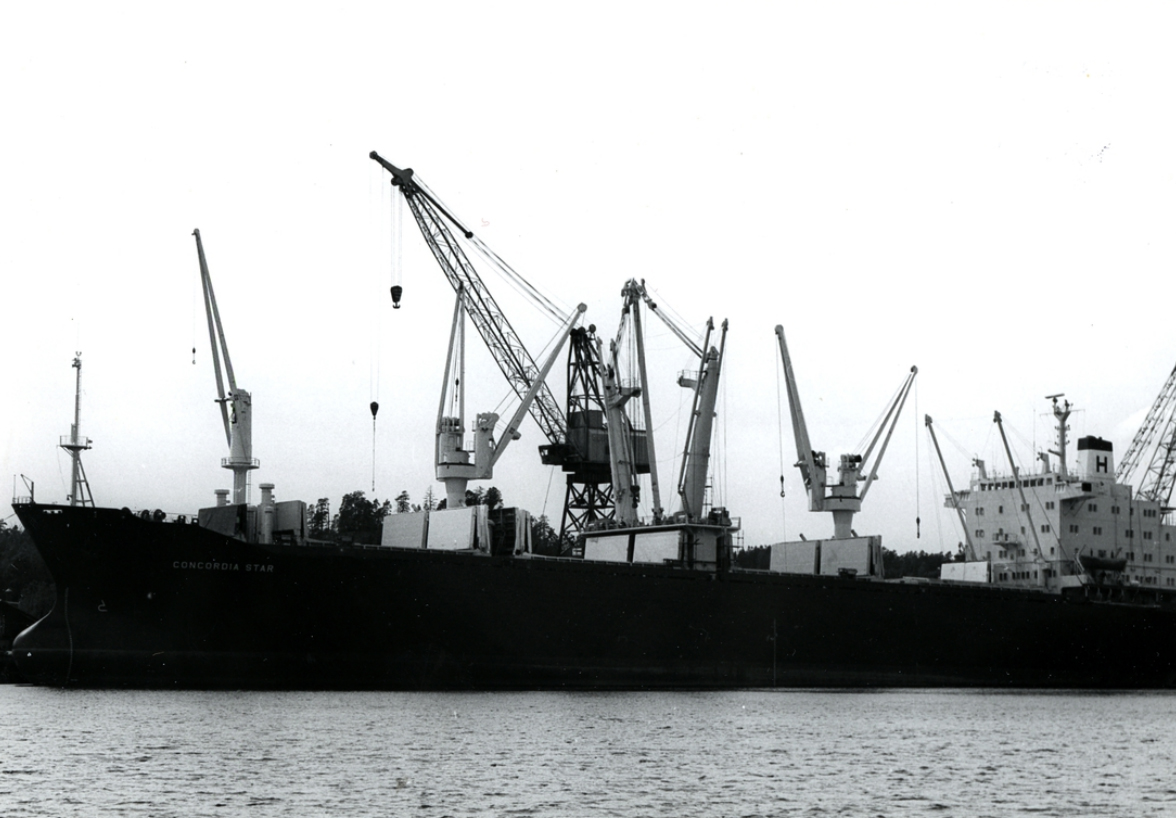
SS Concordia (1917)
The SS Concordia, a German cargo steamer, met its fate during the tumultuous period of World War I. On June 20, 1917, the ship was torpedoed by a U-boat off the coast of Belgium. While this was part of the wartime hostilities, it added to the list of disasters associated with vessels named "Concordia."
While maritime disasters are not uncommon, the frequency with which ships named "Concordia" have faced accidents raises an intriguing question:
Is this merely a coincidence, or does the name carry a symbolic burden that ships cannot escape?
Maritime superstitions have been part of sailor culture for centuries, and naming conventions are no exception. But to draw a direct connection between the name "Concordia" and disaster might be a superficial observation. After all, the circumstances leading to these accidents are diverse—ranging from human error (as seen with the Costa Concordia), to sudden weather phenomena (as with the SV Concordia), and wartime conflict (in the case of the SS Concordia).
While ships named "Concordia" have indeed faced a number of accidents, this is likely the result of unfortunate circumstances rather than a doomed name. The belief in bad luck may persist among sailors and the general public, but practical issues—such as safety regulations, navigational decisions, and environmental conditions—are the true determining factors in these tragedies.
Crew Insights
Articles and experiences shared by crew members working on cruise ship. Find out more about ship life at sea together with tips and advices for first time crew members and cruise oldtimers.


